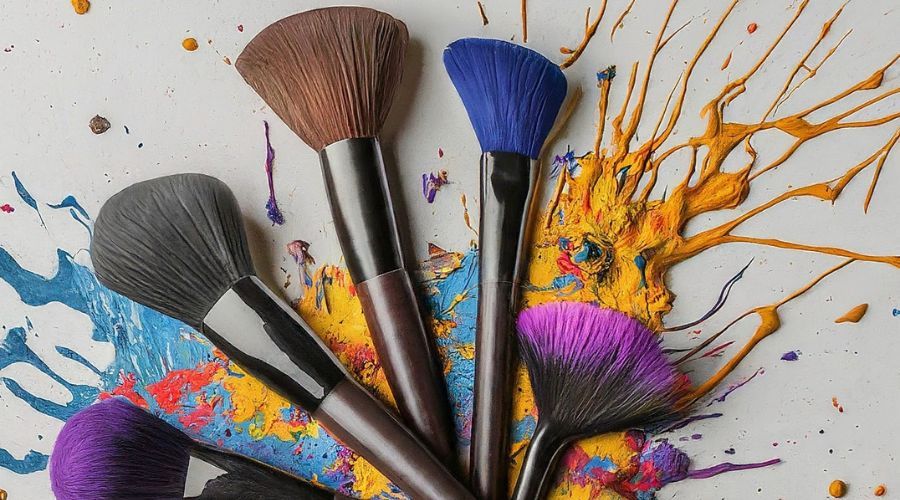
Sep 19,2024
The global makeup brush industry is a dynamic and ever-evolving sector. With the rise of beauty influencers, professional makeup artists, and everyday consumers seeking high-quality tools, the demand for diverse and innovative makeup brushes has skyrocketed.
1. Sustainable materials
2. Vegan and cruelty-free options
3. Specialized brushes for specific techniques
4. Ergonomic designs for comfort and precision
Start by investigating well-known brush manufacturers from countries with a strong reputation in the beauty industry, such as:
• Japan
• South Korea
• Italy
• Germany
• United States
One of the best standout and leading company is Malena. Known for their commitment to quality and innovation, Malena offers a wide range of makeup brushes that cater to both professional makeup artists and everyday consumers. Their brushes feature:
• Premium synthetic fibers
• Ergonomic handles for comfortable application
• Cruelty-free and vegan options
• Specialized shapes for various makeup techniques
Don't overlook up-and-coming manufacturers in countries like:
• China
• India
• Taiwan
• Brazil
These regions often offer competitive pricing without compromising on quality.
Explore global B2B platforms such as:
• Alibaba
• GlobalSources
• Tradewheel
These websites connect buyers with suppliers worldwide and often provide detailed company information and product specifications.
Consult beauty industry directories like:
• Cosmoprof
• BeautyMatter
• Cosmetics & Toiletries
These resources can help you discover niche suppliers and stay updated on industry trends.
Participate in international beauty trade shows to meet suppliers face-to-face:
• Cosmoprof Worldwide Bologna (Italy)
• Beautyworld Middle East (Dubai)
• China Beauty Expo (Shanghai)
• MakeUp in Paris (France)
These events offer chances to:
• Sample products firsthand
• Negotiate deals directly with manufacturers
• Stay informed about emerging trends and technologies
When evaluating suppliers, consider:
1. Certifications (ISO, GMP, etc.)
2. Manufacturing processes
3. Quality control measures
4. Material sourcing practices
Understand the supplier's MOQ requirements to ensure they align with your business needs.
Look for suppliers who offer:
• Private labeling
• Custom packaging
• Brush design modifications
Negotiate favorable terms, considering:
• Bulk discounts
• Payment methods
• Credit terms
As consumer demand for ethical products grows, prioritize suppliers who offer:
• Synthetic fiber brushes
• Cruelty-free certifications
• Sustainable packaging options
Consider suppliers who demonstrate commitment to:
• Reducing carbon footprint
• Using recycled materials
• Implementing eco-friendly manufacturing processes
Establish clear channels of communication with your chosen suppliers to ensure:
• Timely updates on orders
• Quick resolution of issues
• Collaborative product development
Implement a system for ongoing quality assurance:
• Random sample testing
• On-site visits (when possible)
• Third-party quality inspections
Create a mechanism to:
• Share customer feedback with suppliers
• Collaborate on product improvements
• Stay informed about new product developments
To mitigate risks and ensure consistent supply:
• Work with multiple suppliers
• Source from different geographic regions
• Maintain relationships with both large and small manufacturers
While seeking competitive pricing, prioritize quality to maintain customer satisfaction and brand reputation.
Subscribe to beauty industry publications and newsletters to stay updated on:
• Market trends
• New technologies
• Regulatory changes
Invest in ongoing education about:
• Makeup application techniques
• Brush manufacturing processes
• Material innovations
By following these steps and considering companies like Malena, you can build a robust global supply chain for makeup brushes that meets your business needs and customer expectations. Remember that the key to success lies in balancing quality, cost, ethical considerations, and adaptability in this ever-changing industry.